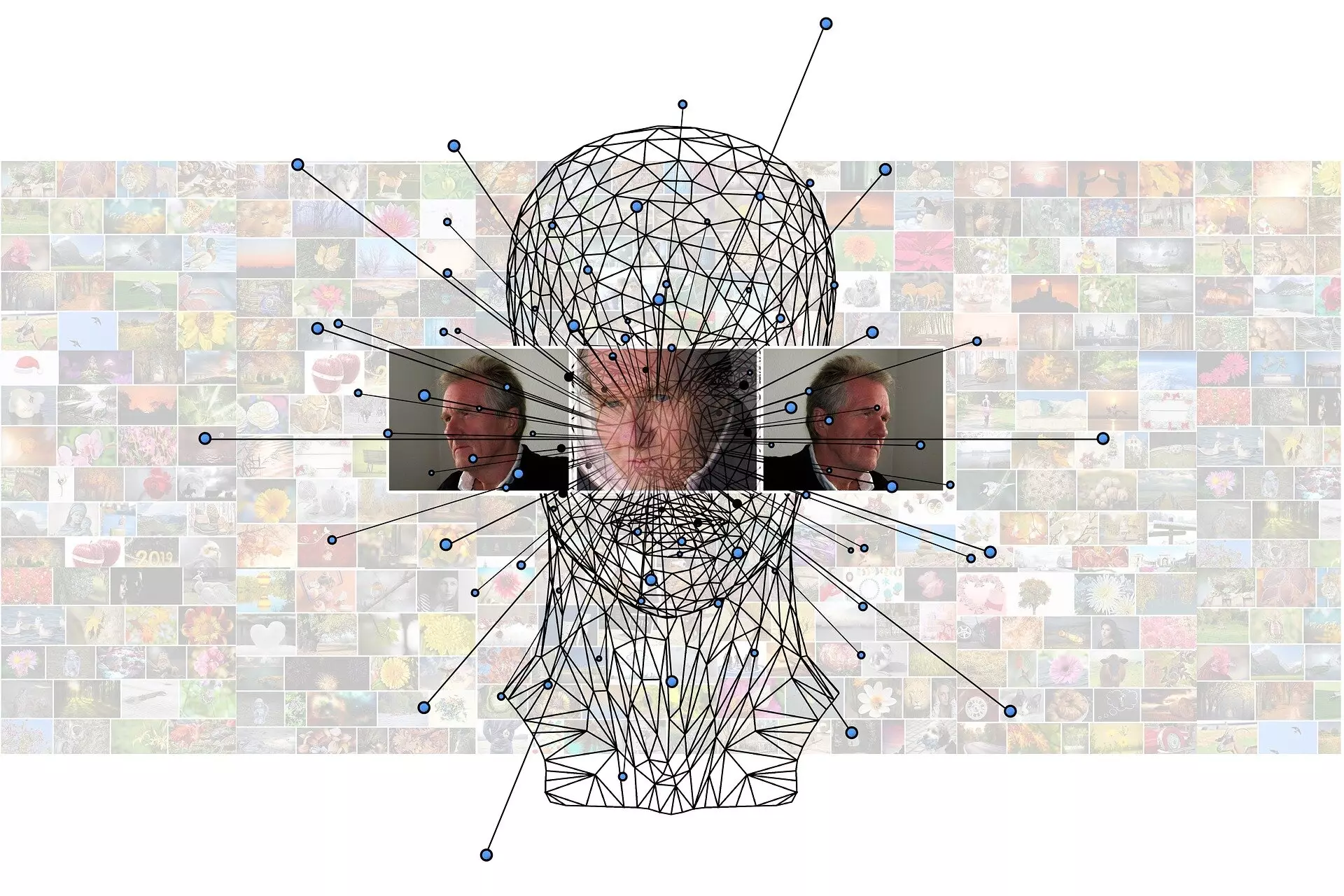The study conducted by a researcher from Virginia Commonwealth University delves deep into the world of human behavior, deception, and trust. Xunyu Chen, an assistant professor in the Department of Information Systems at VCU’s School of Business, utilized artificial intelligence methods such as machine learning and deep learning to analyze data from a popular game show.
Chen and his team focused on a dataset derived from the game show “Friend or Foe?” to understand high-stakes deception and trust quantitatively. Unlike traditional lab experiments that may lack realism and generalizability, the game show setting provided a unique opportunity to study behavioral cues in decision-making. High-stakes scenarios demand greater cognitive resources for managing behavior, and the associated gain or punishment can lead to emotional and behavioral variations.
By analyzing multimodal behavioral indicators such as facial expressions, verbal cues, and movement fluctuations, Chen was able to develop an automated deception detector. This detector shows promise in predicting deception with high accuracies, paving the way for future research in understanding human behaviors in various high-stakes situations.
The implications of this research extend beyond the game show setting. The findings can be applied to real-world scenarios like presidential debates, business negotiations, and court trials. By analyzing human behaviors and predicting deception, researchers and practitioners can enhance decision-making processes and protect their self-interests in high-stakes environments.
Overall, the study sheds light on the complex nature of human behavior in situations where deception and trust play crucial roles. Through innovative methodologies and cutting-edge technology, researchers are gaining deeper insights into how individuals navigate high-stakes scenarios. It opens up a new realm of possibilities for understanding and analyzing human behaviors in various contexts, ultimately leading to more informed decision-making strategies.


Leave a Reply